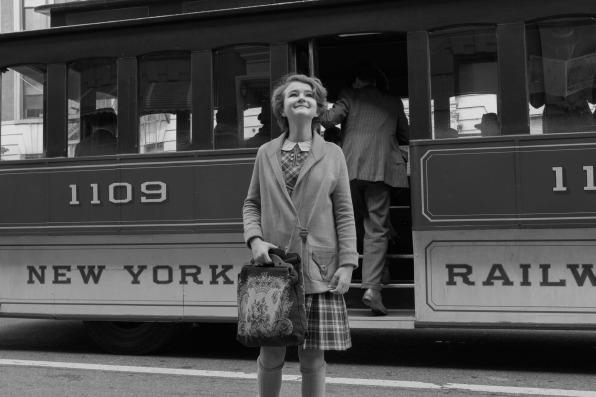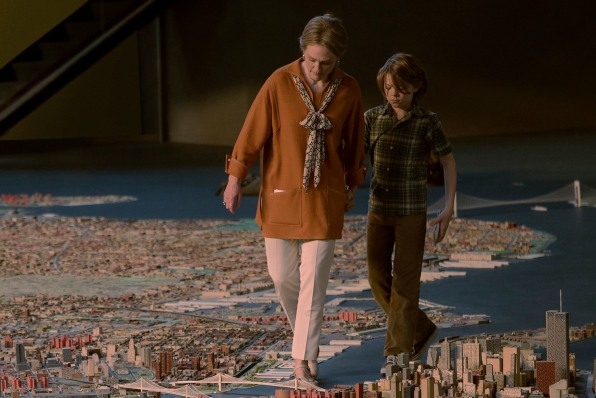Todd Haynes’s Rule For Directing A Kids Movie: Don’t Treat It Like One
A kids movie is probably the last thing anyone would’ve expected from director Todd Haynes.
With a resume of heady Oscar-nominated dramas including Far from Heaven, I’m Not There, and Carol, Haynes has established himself as a writer and director who’s able to create nuanced stories from dense themes like identity and sexuality. So how did he come to direct Wonderstruck, a movie about runaway kids and the American Museum of Natural History? For starters, Haynes never thought of Wonderstruck as a “kids” movie, necessarily.
Wonderstruck is adapted from Brian Selznick’s bestselling novel of the same name about two kids from two different time periods whose stories eventually converge in the most unexpected way. From the outset, Wonderstruck presented a challenge in film adaptation with a deaf character’s storyline having zero dialogue. According to Haynes, Selznick, who also wrote the screenplay for the film, gave him the creative license to think beyond the typical conventions of movies targeted toward kids.
“I felt that excitement of somebody really thinking about film in a kind of way that made it all feel fresh. But I also felt that this was something incredibly unique, strange, and original for kids that could be unlike anything anybody else had ever seen before,” Haynes says. “I could give the same kind of attention to detail and be complicated and be cinematic and talk about film history and talk about American history but give it to kids to have it be their thing. It made me remember how much movies meant to me when I was a kid.”

Haynes says switching gears from a film like Carol to Wonderstruck didn’t require much effort. The way he sees it, Wonderstruck explores territories that he’s unearthed in past projects–just from a different point of view.
“It’s about these two kids who have lost their hearing and so they find themselves in compromised situations where they don’t have access to the freedoms of communication and the world–they are alone and they’re different and they’re weird and they have to find their own lives. That’s very much like stories about gay people or stories about other kinds of people who find themselves disenfranchised in one way or another,” Haynes says. “Kids understand limited abilities and freedoms, and can also navigate under very intense challenges. So there was a lot of interesting things that made for a really unique kids movie without dragons and explosions and magicians.”

Haynes was careful to have those complex themes woven in without losing its core audience, i.e. kids–so much so that he held multiple focus groups with kids while editing the film to make sure he was on the right track without compromising his goal for the film.
“[Making films] for younger audiences doesn’t have to be a reduction or a limitation,” he says. “It can be a liberty to do something absolutely cool and different for them.”
Fast Company , Read Full Story
(28)












